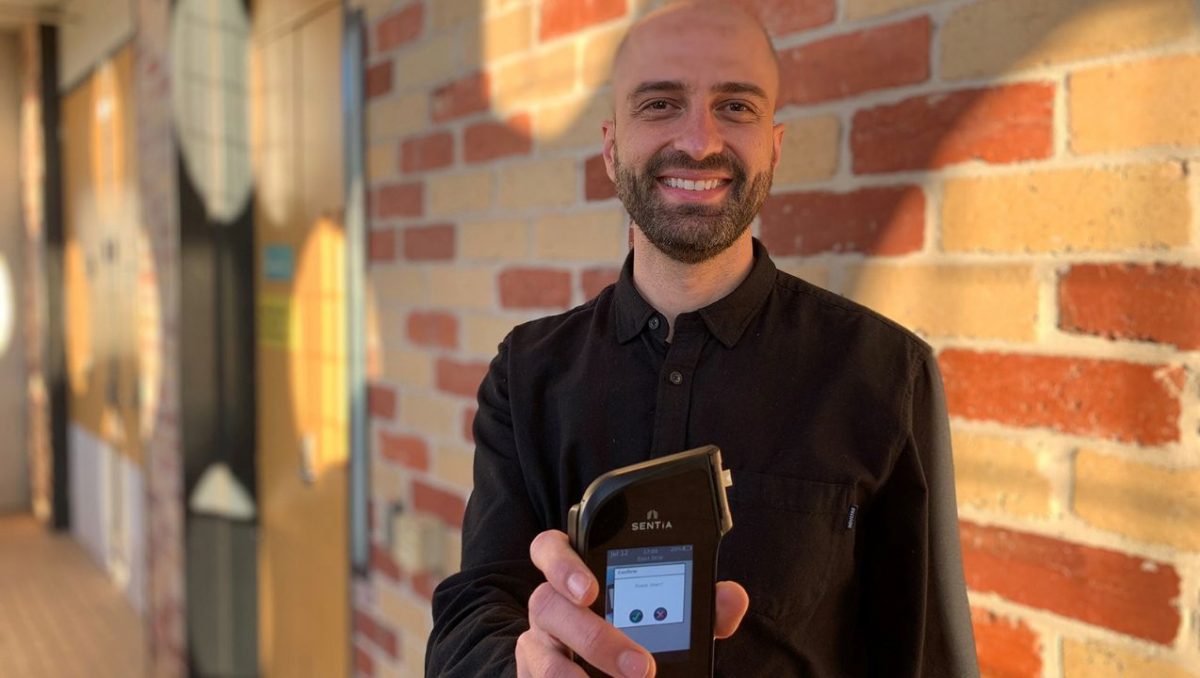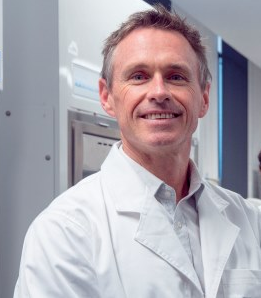News
3D printing bone tissue
Jun 28 2022
ACES researchers at Swinburne University of Technology have been working on the development of an electrochemical handheld device with the ability to detect cancer biomarkers through blood pricked from the finger.

Dr Saimon Moraes Silva. Photo credit: Swinburne University of Technology
In collaboration with industry partner Universal Biosensors (UBI), the project aims to see the device used by GPs and oncologists to test cancer patients in remission.
With supervision from ACES Chief Investigator Prof Simon Moulton, Research Fellow Dr Saimon Moraes Silva has been working on the project for the last three years.
“This research is a culmination of an Australian Research Council (ARC) supported innovation led by Prof Simon Moulton, where we started investigating an anti-adhesive electrode coating called lubricin, that mimics what happens in the human body,” said Dr Silva.
Dr Silva’s focus has been on developing a biosensor for the Tn antigen, a biomarker used for detecting, staging, and monitoring cancer. This has been made possible by using UBI’s electrochemical platform.

Prof Simon Moulton.
“Lubricin allows us to obtain electrochemical responses with unprecedented sensitivity in raw, unprocessed bodily fluids. The sensor we are creating will be extremely sensitive and will give people peace of mind,” Dr Silva added.
“Current methodologies for cancer blood tests rely upon an intravenous blood draw and then extensive sample processing and testing that can take days in a specialised laboratory setting.”
A big advantage of the device is its low level of detection with the potential to provide early diagnosis before a tumour even starts to develop from a single drop of blood, used the same way in which those with diabetics test their glucose levels.
“We are so excited to have established this partnership with Universal Biosensors,” said Prof Moulton.
“This has resulted in the rapid advancement of the sensor technology to point a where clinical testing on patients in Melbourne and Europe are about to start and it is hoped the product can be brought to market within the next three years.”
Swinburne and UBI will also work with Deakin’s Institute of Frontier Materials (IFM) to fast-track the development of other biosensors.













